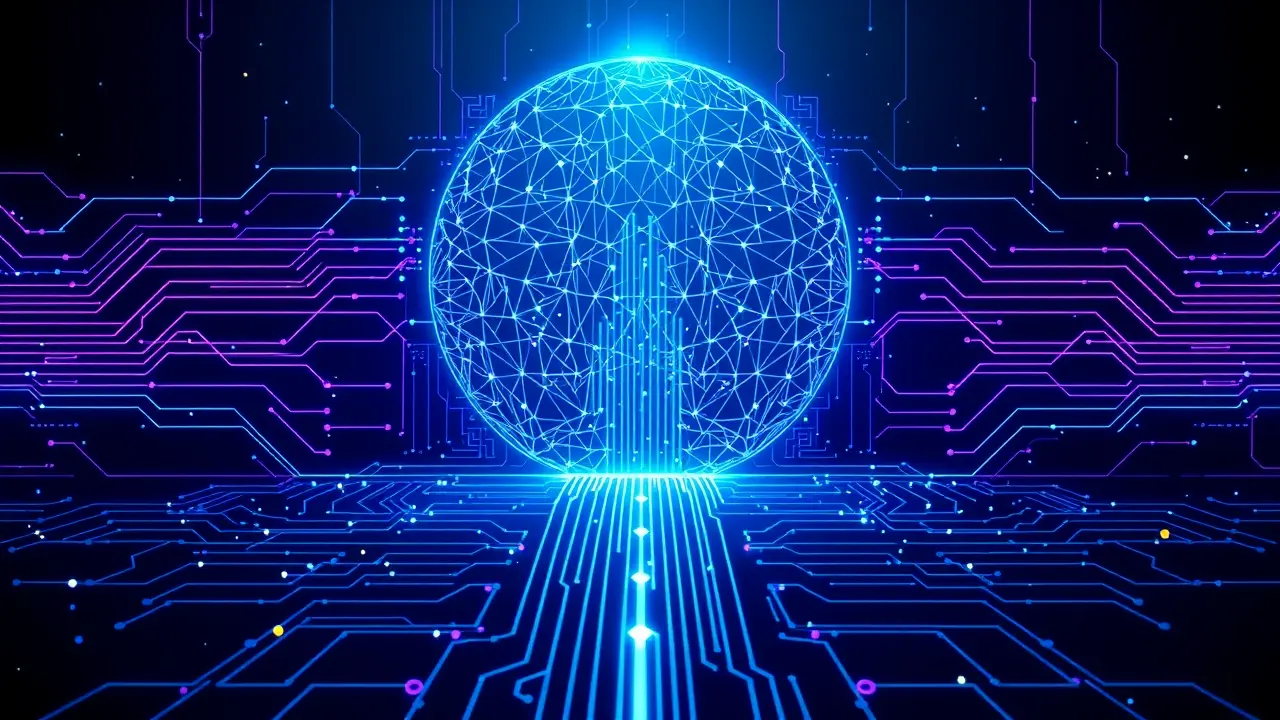
AIai safety & ethicsAI Regulation and Policy
AI Agents Pose Risk to Democratic Societies
MI
Michael Ross
5 hours ago7 min read3 comments
Accountability for one’s actions is a bedrock principle of any society built on the rule of law, a concept as fundamental to democracy as the ballot box itself. Yet while we understand human autonomy and the responsibilities that come with it—the voter’s choice, the legislator’s vote, the citizen’s duty—the workings of machine autonomy lie beyond our comprehension, making AI agents an obvious and escalating risk to democratic governance.This isn't merely a theoretical concern whispered in university ethics departments; it is a clear and present danger unfolding in real-time, where the very mechanisms designed to make our lives easier are simultaneously eroding the pillars of accountable governance. Consider the opaque nature of a complex AI system tasked with allocating public resources or, more chillingly, influencing voter behavior through micro-targeted disinformation campaigns.Who do we hold responsible when a black-box algorithm denies social benefits to a deserving citizen? The developer who wrote the code? The company that deployed it? The government agency that purchased it? This diffusion of responsibility creates a perfect accountability vacuum, a legal and ethical no-man's-land that directly contravenes the democratic principle that power must be answerable to the people. We are witnessing the early tremors of this shift, from the proliferation of deepfakes threatening the integrity of elections to the use of autonomous systems in bureaucratic decision-making that affects millions.The historical parallel is not with the industrial revolution, but with the rise of powerful, unaccountable institutions that preceded democratic reforms. Just as societies once struggled to impose checks and balances on monarchies and monopolies, we now face the task of regulating digital entities whose 'thinking' we cannot fully audit or understand.Experts like Dr. Alena Schmidt, a professor of technology ethics at Stanford, warn that we are building a 'governance layer' controlled by systems whose internal logic is often a mystery even to their creators.The potential consequences are a slow-motion corrosion of trust. If citizens cannot comprehend why a decision was made, if they cannot appeal to a human for recourse, their faith in the system itself—the government, the courts, the media—will inevitably wither.This is not a Luddite's fear but a pragmatic assessment of a future where the rule of law is challenged by the rule of code. The path forward requires a new social contract for the algorithmic age, one that mandates transparency, rigorous third-party auditing, and, most critically, clear legal frameworks that assign ultimate liability. Without these guardrails, the autonomous agents we so eagerly welcome risk becoming the unelected architects of our political reality, operating in the shadows and fundamentally altering the balance of power in a democracy.
#AI regulation
#democratic governance
#accountability
#machine autonomy
#AI agents
#editorial picks news
Stay Informed. Act Smarter.
Get weekly highlights, major headlines, and expert insights — then put your knowledge to work in our live prediction markets.
© 2025 Outpoll Service LTD. All rights reserved.